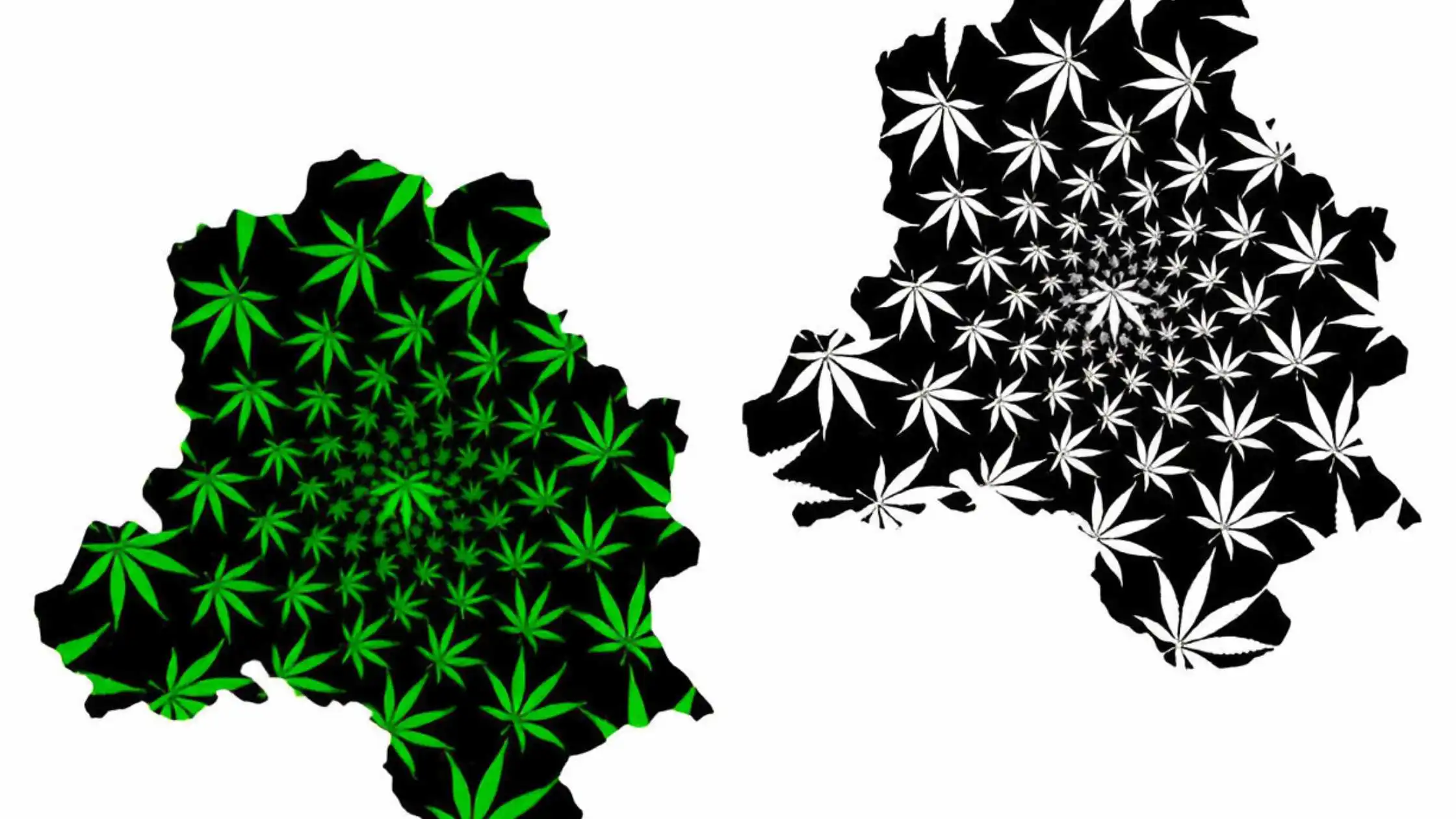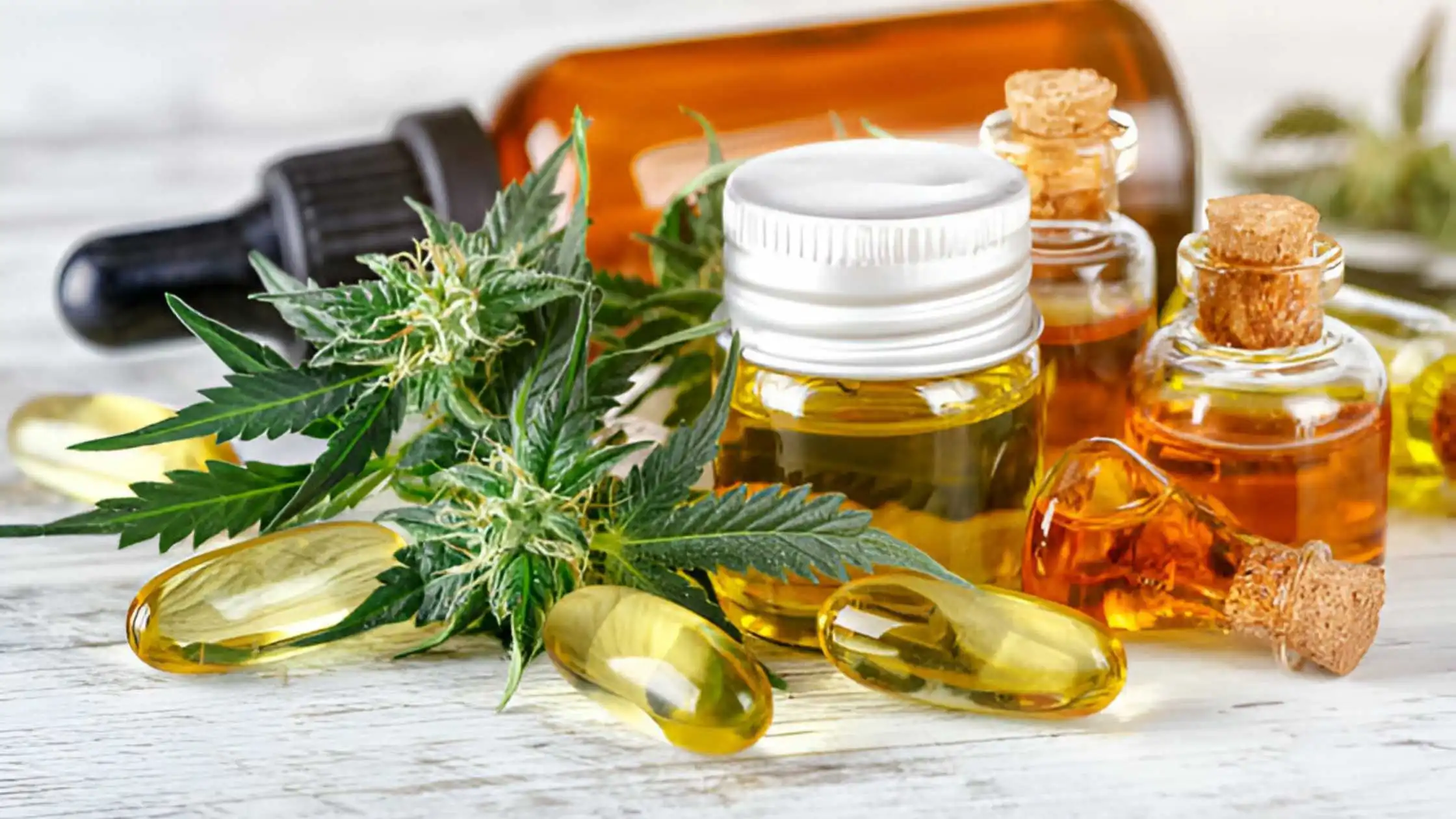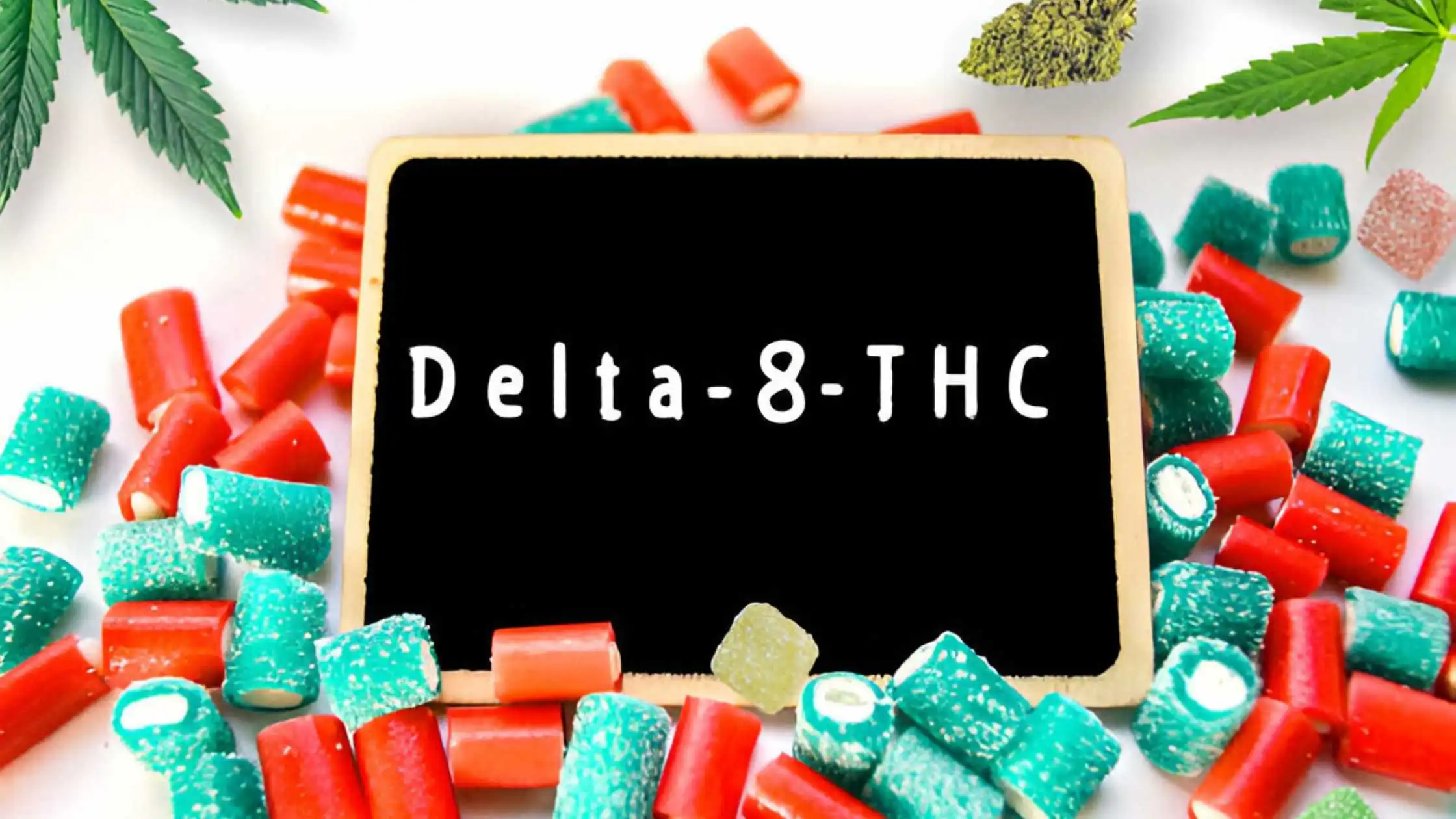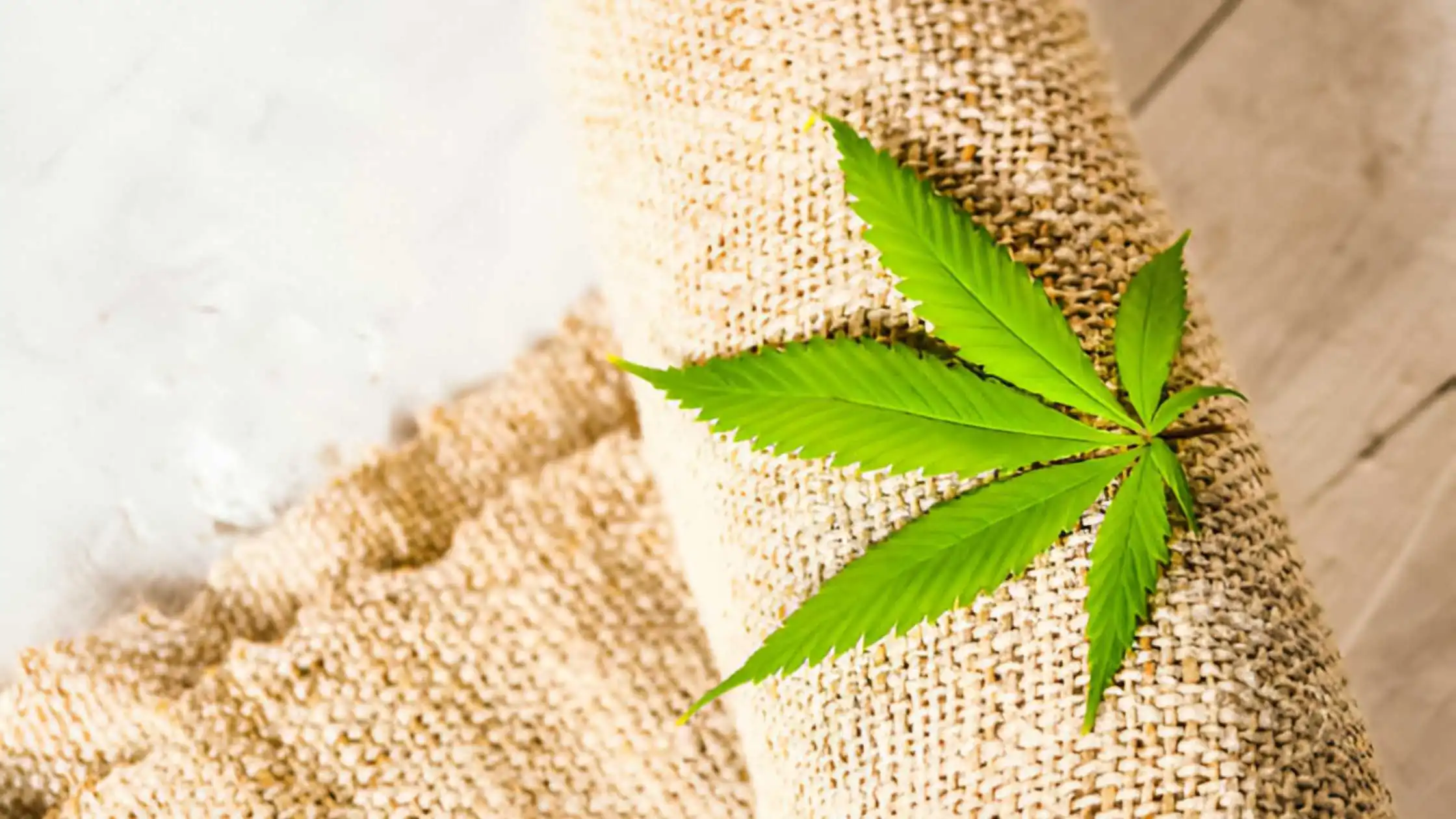In the early days of cannabis legalization and decriminalization, efforts have been attempted to link cannabis to a church. The move seems to suggest that members of the Church should be afforded certain freedoms. If cannabis use was shown to be part of spiritual practice, then the church members argue they should be allowed to do as they please during these ceremonies and that their method of worship should be respected.
Unfortunately for these churches, municipalities beg to differ. Two separate cases in two separate cities have shown that municipalities aren’t buying the religious claims of these cannabis congregations.
Oakland CA
The Church of Ambrosia in Oakland, California is suing the city and claiming discrimination when it was denied a land-use permit by the city. In its case filed on August 12, the Church of Ambrosia and its local assembly, Zide Door Church of Entheogenic Plants, said it was denied a permit to operate. The Church also claims that police officer John Romero entered the Church using a fictitious name and applied to be a member, acknowledging the plant use within the Church. He then returned with a search warrant, which he is alleged to have used to force open one of the safes on the property and also damaged five more safes. He is also accused of seizing paperwork, inventory logs dated August 13, 2020, a computer, cannabis and mushroom products, and cash totalling over $4500.00.
The Church of Ambrosia says it practices the religious use of entheogenic plants, which are classified as Schedule I substances within the California Uniform Controlled Substances Act. The Church says it practices Ambrosia, an established spiritist religion that has evolved over thousands of years and is described as shamanism. The complaint stated, “Central and essential to the Ambrosia religion is the sincere, sacramental use of entheogenic plants and fungi, including cannabis and psilocybin.”
The Church also feels that Measure Z, which the voters in Oakland approved, covers their worship and makes cannabis enforcement a low priority. The Church says it should be able to practice its religion freely and that it doesn’t charge its members for cannabis or magic mushrooms. In June of 2019, Oakland’s City Council approved a resolution that essentially decriminalized mushrooms and other psychedelic plants. However, the Church acknowledges that its members give it money but says it’s just to reimburse the church “for the time, travel, laboratory testing, maintenance and upkeep of the sacrament provided within.”
It seems the law disagreed and interpreted the cash payments as the Church acting like a dispensary, for which it doesn’t have a license. The officer wrote, “After completing the membership process, [ROMERO] was able to purchase 3.5 grams. of packaged Cannabis buds material and manufactured Cannabis material for U.S. Currency.”
Los Angeles
Los Angeles claimed that the Jah Healing Kemetic Temple of the Devine, Inc., is a California nonprofit corporation and was doing business using the fictitious name of Jah Healing Church. The city alleges that it “continues to unlawfully do business within the City of South Gate at the real property located at 3463 Tweedy Boulevard, South Gate, California.”
The complaint stated, “The City further alleges that under the pretence of acting as a church or religious organization, the JHC Defendants have surreptitiously engaged in and conducted unlawful and prohibited commercial cannabis activity at the Property in violation of SGMC § 7.80.010 (A) and state law, including, but not limited to, cultivation, possession, manufacture, processing, storing, laboratory testing, labelling, transporting, distribution and sale of marijuana products, including medical and nonmedical marijuana, nonmedical cannabis products and medical cannabis products.” The complaint specifically identified Christopher Tindall as being a part of the Jah organization.
The case was set to go to trial on July 12, but then Tindall was ordered to be removed from the courtroom for being disruptive. “Subsequently, the Court found that Christopher Tindall had left the 5th floor of the courthouse and had not returned or called the Court. The Court further found that Christopher Tindall had willfully absented himself from the trial, and his failure to return to the Court was an implied waiver of presence.”
On August 12, the judge on the case permanently barred Tindall and anyone using that location from selling, making or giving away cannabis in the city of South Gate. The order included “cultivation, possession, manufacture, processing, storing, laboratory testing, labelling, transporting, distribution, or sale of marijuana products, including medical and nonmedical marijuana, nonmedical cannabis products and medical cannabis products within the meaning of Business and Professions Code §19300 et seq.”
Disclaimer: https://www.greenmarketreport.com/cities-not-buying-cannabis-church-beliefs/
Posted by: Times Of Hemp, TOH, #TOH, #TimesOfHemp, https://www.timesofhemp.com





